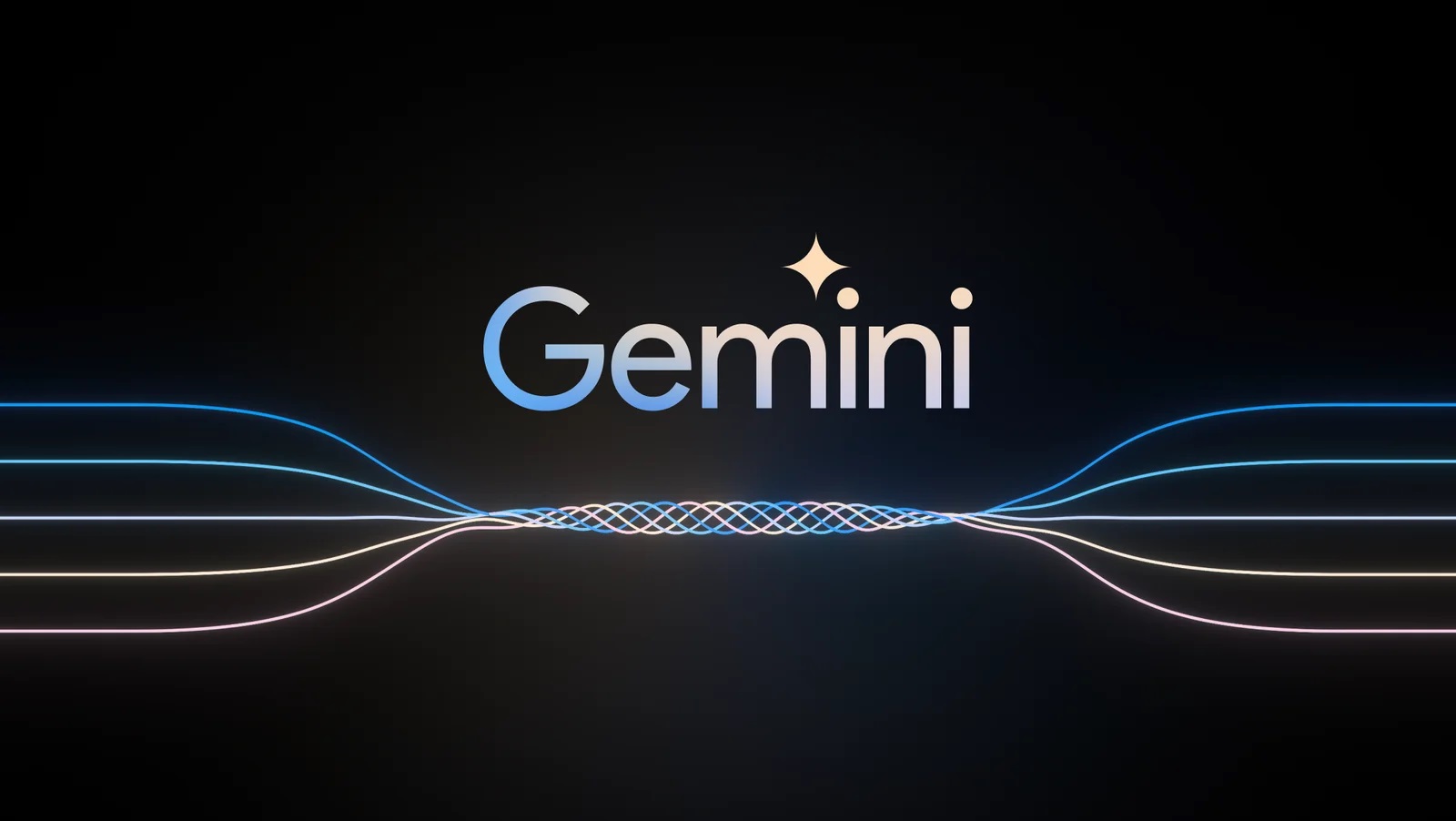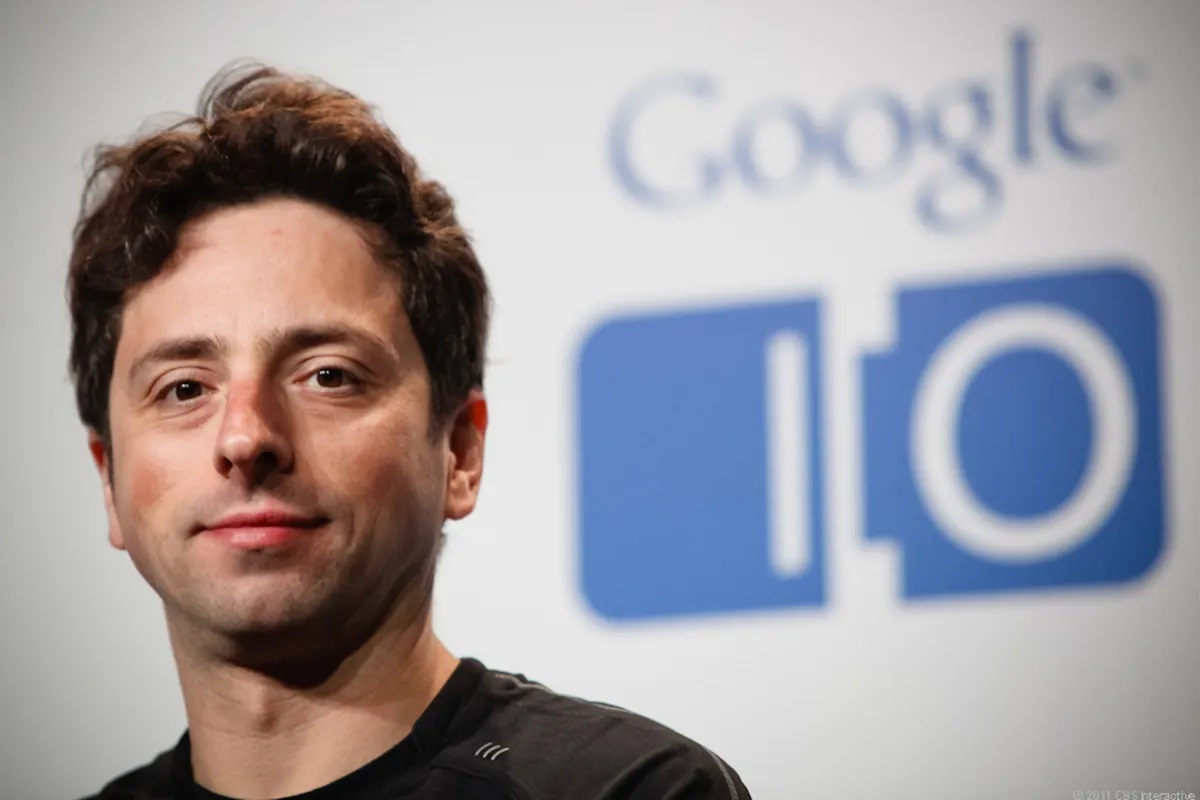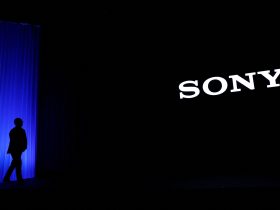Over the weekend, Google co-founder Sergey Brin made a rare public appearance, expressing his return from retirement due to the promising trajectory of AI.
Brin, aged 50, engaged with a gathering of artificial intelligence enthusiasts on Saturday at the “AGI House” in Hillsborough, California, where Google’s Gemini model was under examination. AGI refers to artificial general intelligence, capable of tasks at or above human levels.
Responding to queries, Brin talked about AI’s influence on search and Google’s strategy to uphold its leadership amidst AI’s expansion. He also addressed the recent misstep involving Google’s image generator, acknowledging the need for better testing and the resulting public discontent.
“We definitely messed up on the image generation,” Brin admitted, adding, “I think it was mostly due to just not thorough testing. It definitely, for good reasons, upset a lot of people.”

Brin, who co-founded Google with Larry Page in 1998, stepped down as Alphabet’s president in 2019 but remains a board member and principal shareholder, contributing to Google’s endeavors in the competitive AI market.
While discussing challenges faced with Gemini, Brin acknowledged ongoing efforts to rectify responses that tend to lean left politically, citing improvements in accuracy tests.
This marks the first time an executive has addressed the Gemini issue in a live setting, contrasting previously prepared statements from other Google officials.
Brin recognized the broader AI community’s struggle with generating accurate results, referencing OpenAI’s ChatGPT and Elon Musk’s Grok services. He stressed the need to mitigate hallucinations, false responses to prompts, which persist as a significant challenge.

Expressing interest in AGI development, Brin highlighted AI’s potential for reasoning, responding affirmatively to a question from an attendee.
On the subject of evolving business models, particularly in online advertising crucial to Google, Brin remained optimistic about adapting to changes while emphasizing the company’s commitment to delivering valuable information for free.
Regarding hardware ventures, Brin reflected on Google’s early entry into augmented reality with Google Glass, admitting missteps in its execution. He praised advancements in virtual reality by competitors like Apple and Meta.
When queried about Gemini’s implications for spatial computing, Brin expressed curiosity, suggesting potential applications in products like Google Maps or Street View.







Leave a Reply